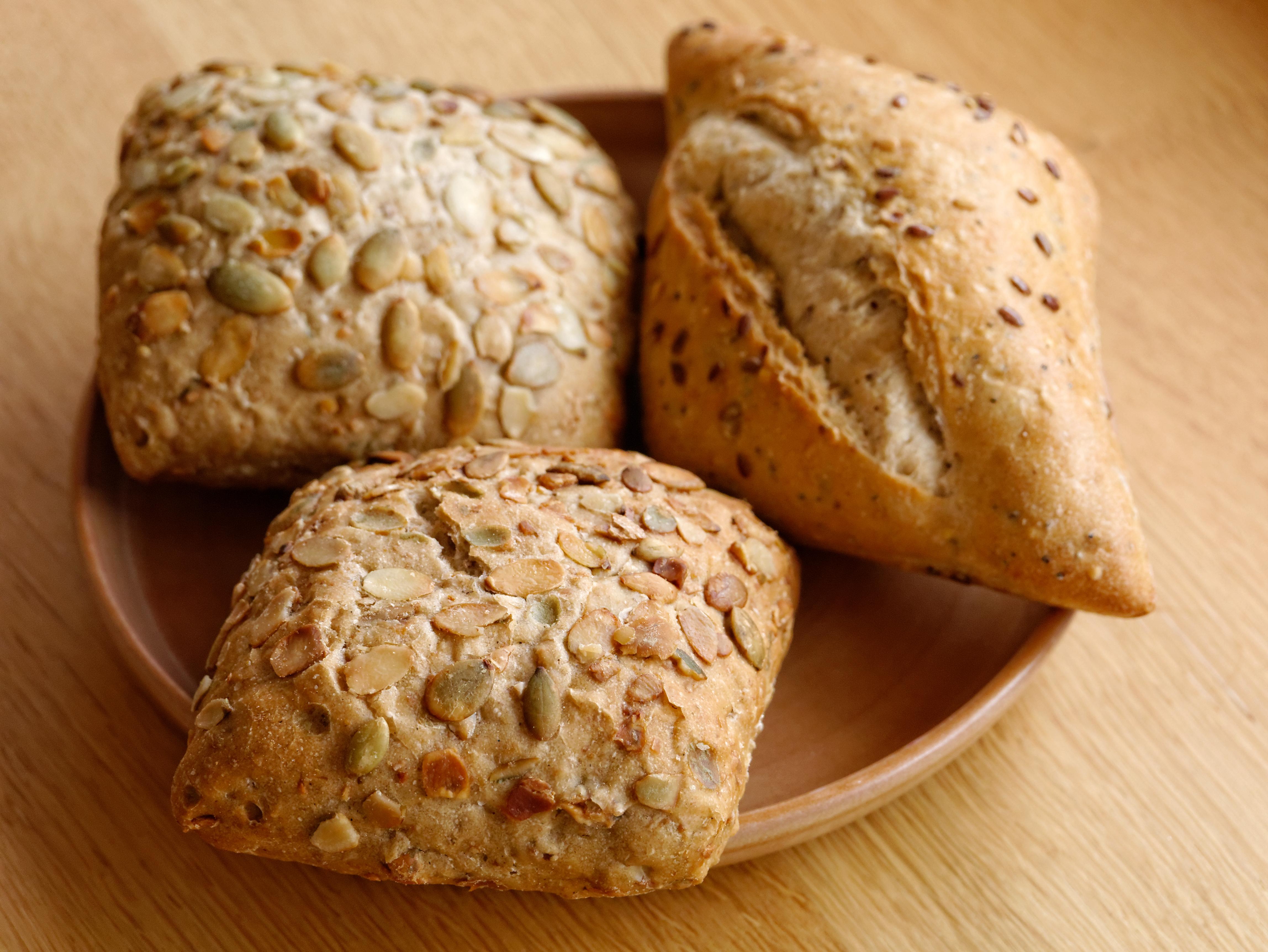
Some of us might be inclined to perceive grains and carbs as healthy because of years of cultural conditioning, but the reality is that many people are learning that too much can be fattening and unhealthy, but they just can’t seem to stop eating them. If it’s placed in front of them, they feel powerless to not take a bite, and their cravings for carbs are ravenous.
It’s not a Lack of Willpower. Carbs are Addictive
As early as the 1940’s, doctors and medical researchers recognized the addictive nature of carbs. Researchers have now found that carbs are addictive because eating them stimulates the brain to produce dopamine. This hormone is responsible for the pleasure and reward part of the brain and once this area is activated, whether by cocaine, nicotine, alcohol, video games or carbs–you are hooked.
While diets that eliminate grains and complex carbs are perfectly healthy since we do not need them to live as vegetables, fruit, protein and fats are all that is required for a healthy diet–eating healthy carbs in moderation is perfectly healthy for most of us as well.
A good guideline for meals is:
- a serving of protein the size of your palm
- a serving of fat the size of your thumb. Yes fat is important! Eat fat to lose fat.
- handfuls of vegetables (or half your plate)
- 1/2 cup of the right kind of carbs, but not at every meal
I don’t think that everyone needs to be eating 100% carb-free diets to be healthy. We do however, need to reduce the amount of carbs most of us are consuming. For many people carb free diets are unrealistic and setting the goal to be carb-free just sets them up for failure and a feeling of hopelessness when they don’t succeed. Eating the right kind of carbs in moderation is perfectly healthy. It is noteworthy, however that many people who suffer from autoimmune disorders experience significant relief from their symptoms while following a grain/carb free diet because of the reduced inflammation that results from their elimination.
My suggestion is to curb your carbs. If you have a severe carb addiction you might be better off cutting back on carbs slowly so that your body can re-adjust its insulin levels. (Please see a doctor who has expertise in nutrition or a naturopathic doctor if you are diabetic or have a diagnosed blood sugar problem.) Some people prefer going cold-turkey and while this is fine, be prepared to experience some mild to severe withdrawal symptoms if you go down that path. The bottom line is to try to fill your plate with vegetables, protein and fats. Enjoy your complex carbs like sweet potatoes, brown rice, oatmeal, millet, buckwheat etc, but don’t consume complex carbs at every meal.
The signs of carb addiction are similar to any addiction. They include such symptoms as:
- Incessant thoughts or intense cravings to eat carbs and sugar
- Not being able to stop after you have taken a bite. However, even people who are not addicted have a hard time stopping when it comes to processed food since it is scientifically designed to have just enough flavour to taste good but not enough to make you stop. The flavour is engineered to keep your taste buds and bodies wanting more.
- Not feeling comfort or that your hunger is satiated if you eat a meal without carbs
- Feelings shaky, anxious, weak or experiencing ravenous cravings when you have gone without carbs for any length of time (this is due to blood sugar fluctuations)
- Symptoms of withdrawal which can actually be the same as alcohol withdrawal
Addiction as you probably already know is insidious. While carbs certainly won’t kill you the way hard street drugs will, if you find yourself powerless to control your carb intake then pay attention to the above symptoms as well as your habits.
You may start to notice that the morning bagel ritual or the regular afternoon muffin is something you can’t go without. If you need that carb fix every morning or every afternoon or evening, it could be that your body is addicted and requires its carb or sugar fix to feed all that extra insulin that it has shot out. At least you can stop beating yourself up over not having enough “willpower”. It is a rare soul who will find restraint when faced with insulin surges and blood sugar imbalances.
Carbs and Obesity
It is estimated that 75 percent of people who are overweight are overweight because they are addicted to carbs. Excess insulin also leads to excess fat storage. Not only does lowering your carb intake mean less calories but if you are able to decrease the amount of carbs you eat, this helps your body to become more efficient at burning fat, regulating blood sugar levels, stabilizing your hormones and even your mood.
In my next post I will explain the various factors that can cause us to become addicted to carbs so that you can become aware of what might be further fueling your carb addiction.